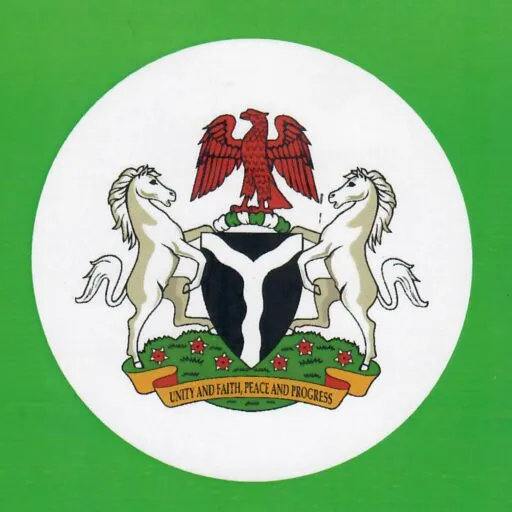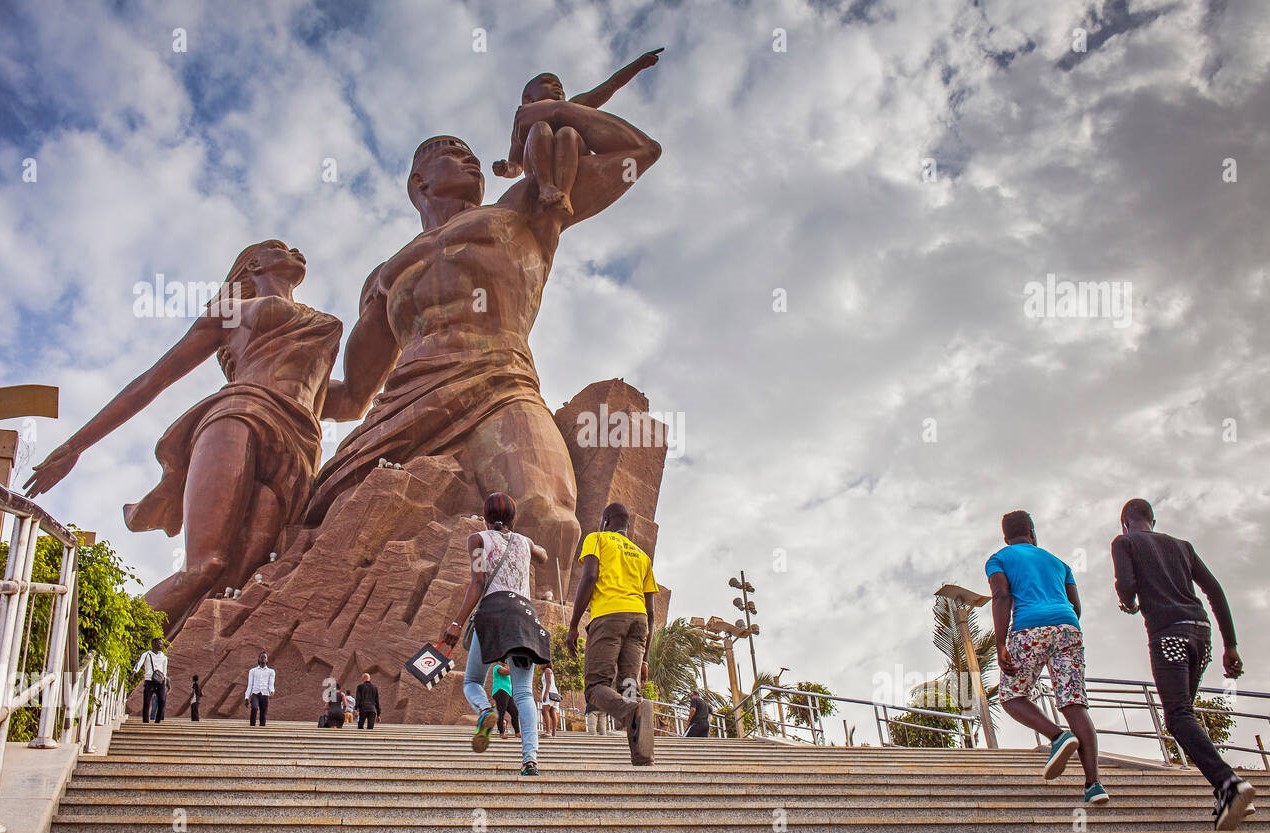Government Obsessed with Money Collection but blind to Hunger

A Government: Obsessed with Money, Blind to Hunger
President Bola Ahmed Tinubu’s government is celebrating what it calls a triumph collecting over ₦20 trillion in revenue in just eight months. But behind the numbers lies a bitter truth: this government is more obsessed with money accumulation than with people’s welfare.
For nearly two years, contractors remain unpaid, capital projects have stalled, and small businesses are collapsing under the weight of government arrears. Yet Nigerians are squeezed harder with higher import duties, stealth taxes, and a punishing cost of living. Revenue rises; lives fall.
The paradox is a global shame. At the very moment Tinubu is boasting about historic revenues, the United States is sending emergency food aid to Nigeria placing Africa’s largest economy in the same humanitarian category as Haiti and the Congo.
The 3-Sector Model: Starving the Domestic Economy
Economists explain an economy through three simple drivers:
C (Consumption): The spending power of households.
I (Investment): Businesses and entrepreneurs creating jobs.
G (Government): State spending on infrastructure and services.
In a healthy economy, these three sectors balance each other to produce shared prosperity.
But under President Tinubu:
Consumption has collapsed. Inflation and taxes are strangling households, eroding the value of every naira in people’s pockets.
Investment has slowed. Contractors remain unpaid, businesses are closing, and entrepreneurs are starved of credit.
Government spending looks inflated but achieves little. Instead of roads, schools, and hospitals, most of the money is swallowed by debt servicing and recurrent costs.
On paper, the numbers glow. In practice, the lifeblood of the economy is drained while the people are forced to struggle for crumbs.
The 4-Sector Model: Trade Without Relief
When we add the international dimension—C + I + G + (X – M) Tinubu’s contradictions deepen.
Yes, it is good to pursue a favorable balance of trade, but his plans do not strengthen indigenous companies. Instead, the cost of energy rises almost daily, crippling local industries and making them uncompetitive. While exports (X) are paraded as progress, the government’s neglect of affordable energy and access to credit means Nigerians are reduced to import dependence at higher costs (M).
Worse still, the government deliberately starves the economy of funds. This has created hopelessness and despair the very opposite of the “Renewed Hope” Tinubu promised. The average Nigerian is now afraid of tomorrow, as bills pile up with no sign of relief in sight.
A dangerous culture has taken root: politics and government are no longer seen as vehicles for community welfare but as the only means of livelihood. Instead of serving the people, politics has become a survival economy for the few.
Foreign investors may applaud reforms, but ordinary Nigerians are sinking under despair. The economy grows in digits but shrinks in dignity.
The Politics of Fear, Not Love
This deliberate starvation of the people into dependence is not an accident it is control by design. Tinubu profits politically and economically from the centralization of wealth while Nigerians pay with their tears.
Nothing demonstrates this better than his decision to conveniently remove the Federal Capital Territory Administration (FCTA) from the Treasury Single Account (TSA). By doing so, Tinubu has handed Minister Nyesom Wike, the financial muscle to destabilize the opposition. Wike is openly using these funds to weaken the People’s Democratic Party (PDP) while wooing its members into the ruling APC not for national development, but to silence dissent.
This is happening at the expense of the foundation members of the APC, who are being sidelined as Tinubu nurtures a coalition of convenience built not on ideology but on fear, patronage, and raw cash power. His aim is clear: to reduce Nigeria into a one-party state, where no voice can challenge his grip on power.
This is why Lagos, his fortress of political control built on patronage and fear, turned against him during the 2023 presidential election. People can be bullied into silence, but they cannot be starved into love.
2027: Choosing Power With Compassion
Nigeria does not need a tax collector-in-chief. It needs a president who understands that national income is not about digits on a spreadsheet, but dignity in the lives of people.
In 2027, Nigerians must make a different choice. We need a leader who restores balance to the economy where consumption, investment, government spending, and trade are tools for shared prosperity, not instruments of domination.
We need a president who rules not by fear, but by love. Not by accumulation, but by compassion. Not by starving the people, but by feeding their hopes.
Power With Compassion – ARC 2027
The future of Nigeria cannot be secured through hunger, despair, and fear. It can only be secured through Power With Compassion.
Alhaji Dr. Aliyu Audu Adagu is the Convener, African Renaissance Movement








